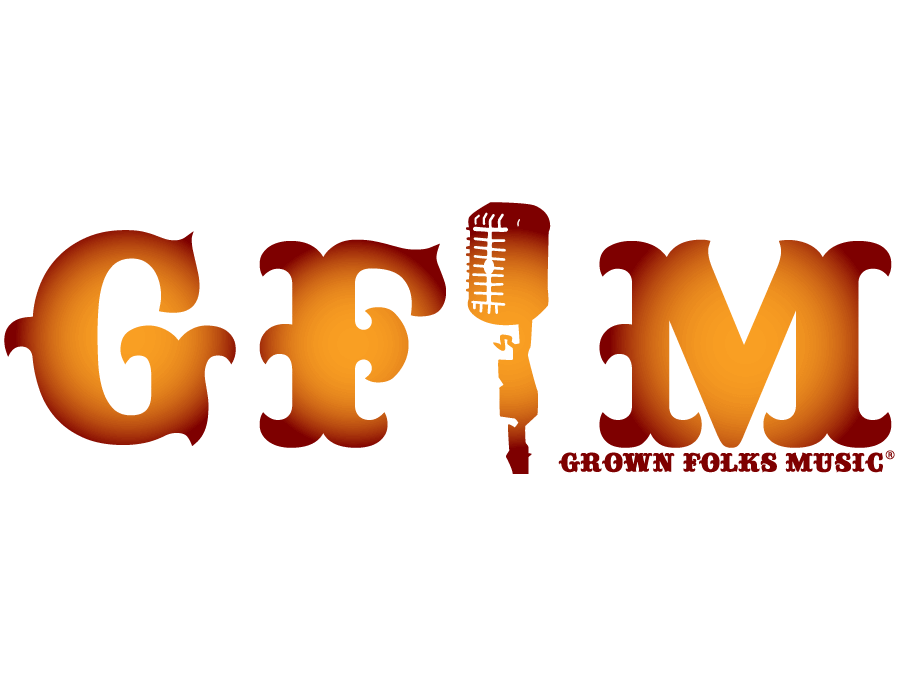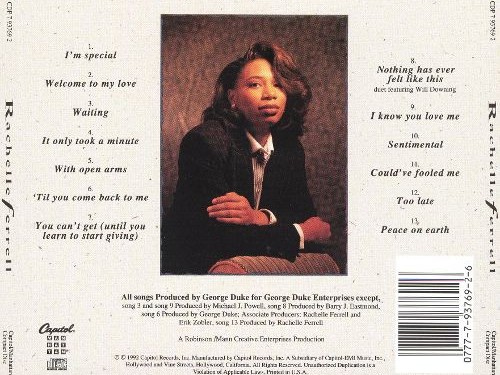Of course given the title of this series I could not resist posting this clip.
Well I’m trying to take a cue this year from one of our contributors “The Ricker” who last week instead
of just offering an opinion, he offered up some possible solutions to the problems with this
business of music that we so often identify.
This week I wanted to begin the process in earnest by examining one of the issues that I highlighted in
my wishlist for 2011. Teach Your(Our)Children well.
The future of music is very, very important to me. On a personal and professional level, I have spent the grand portion of my working and adult life involved in education/music education in one way or the other at the elementary, secondary and collegiate level. The son of two educators my mom having taught 40 years and my dad 35… I guess teaching and learning is somewhat in the blood.
What I am most concerned about is the state of music education in this country. What I alluded to in my wishlist is that I understand that all of the blame cannot just fall on the school. Certainly, that argument could be made for all of education because true education occurs both inside and outside the classroom. One thing in particular that disturbs me about music education in this country is the economics of it all.
Certainly, I don’t have any concrete scholarly(and certainly this posting is not peer reviewed) but it seems(feels) like the purchase of an instrument is beyond the financial resources of the masses more today than 100 yrs. ago. Now let me clarify, I have a very broad definition of instrument because the culture has changed to include instruments not even dreamed of a century ago. But again it just seems(feels) that it was a lot easier, although still a big sacrifice, to be in possession of an instrument then as opposed to now.
Let’s face it instrument manufacturing and retail is big business and just like most corporations its reach and cost is global. The one musician who doesn’t have to deal with the purchase challenges is the musician who carries their instrument with them at all times: The vocalist. But vocalist and instrumentalists all share the economic challenge of being able to afford quality instruction outside of the classroom.
You cannot buy talent. You just can’t. You can buy development and there are a lot of talented individuals who never move beyond the potential stage because they are never developed. Conversely there are a lot of folks who are not innately talented but are developed beyond belief because they’ve had the opportunity to study since whenever. Just like the old saying “Game recognizes game”. You can immediately recognize talented or gifted individuals but far too often the gift never grows beyond that point. I don’t care what the budding musicians gift is: singing, rapping, scratching, piano, guitar, saxophone, they can all benefit immensely from that one on one attention that a teacher/mentor can give. That is not going to happen in the classroom.
So often the argument begins “I just spent x number of dollars on that horn, equipment, choir robe etc., now you want me to spend $80 a month on lessons!”(and of course $80 a month is on the cheap, the very cheap). It’s often hard to convince folks that the initial investment in the instrument is just the beginning. With all partnerships you have to be able to assess the seriousness of your partner, in this case your child. You’ll know how serious they are. If this is something that they want to do, they will sing, play, practice whatever until have to constantly remind them that everyone in the house has to sleep at some point.
In Pt. 2 I will discuss some low-cost alternatives to traditional lessons as well as some thoughts about what we can and should do in communities around the country to promote learning through and about music. One of the soapboxes that I often stand on is the fact that the music industry is one of the few industries where the most successful know the least about the product.
Ivan Orr is a multi-instrumentalist, composer, performer, and writer. A native of Charlottesville, Virginia Ivan was involved with the forming and nascent days of The Music Resource Center as its first Program Director. A graduate of Virginia Commonwealth University’s Department of Music, Ivan currently resides in Richmond, VA where he maintains an active performance and production schedule while serving as the Music Editor for Grown Folks Music, a position he has held since 2010.
RELATED POSTS
April 18, 2017
#ICYMI – New Music Mondays
June 19, 2015
#PeaceOnEarth: An Editorial
March 25, 2011



